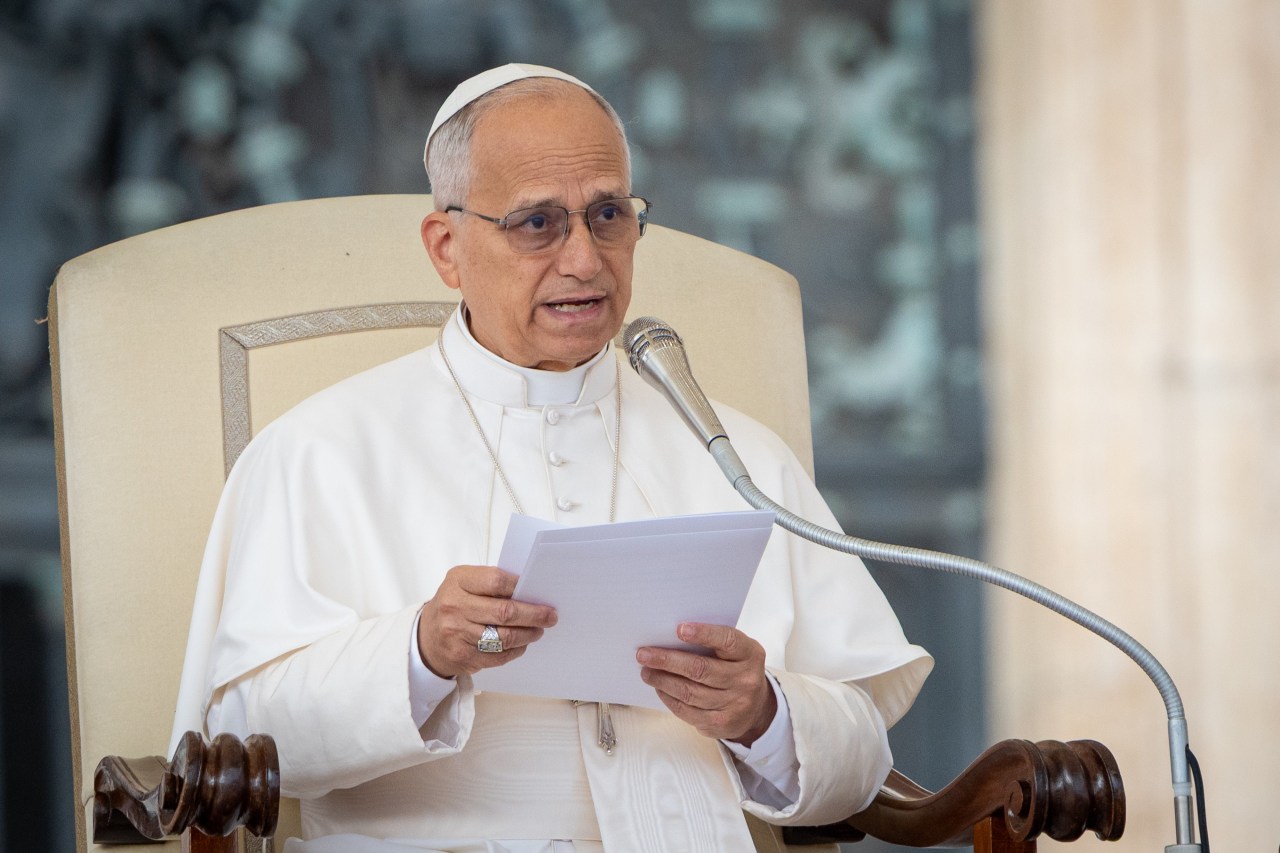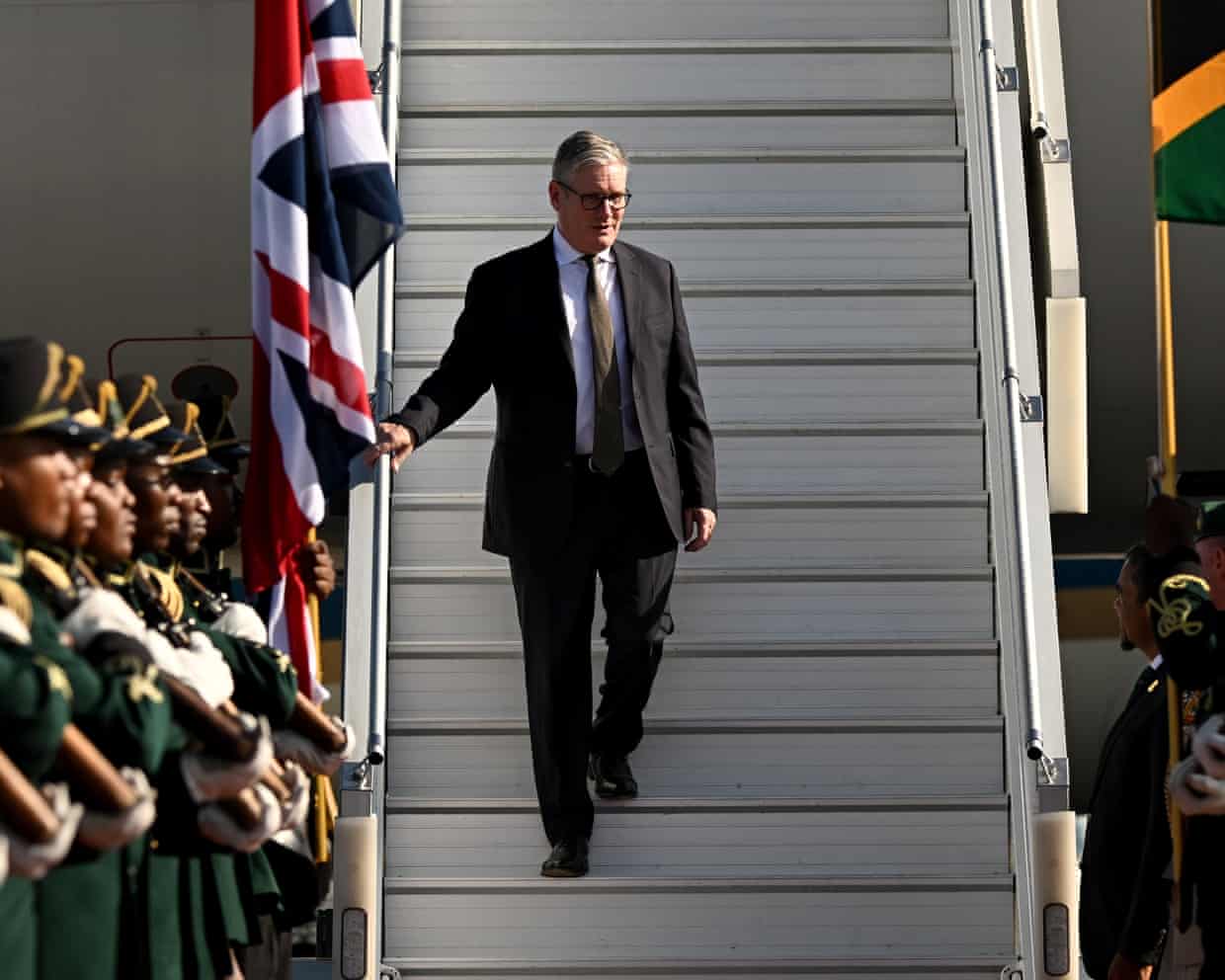Germany has decided to temporarily recall its ambassador to Georgia, Peter Fischer, for consultations following accusations from the Georgian leadership regarding his conduct. The announcement, made by the German Foreign Office on Sunday, highlighted concerns that the Georgian government had engaged in activities counter to the interests of the European Union and had specifically targeted Fischer.
The Foreign Office’s statement indicated that this decision aims to assess the situation and determine the next steps. Notably, the EU’s Foreign Affairs Council is scheduled to discuss Georgia on Monday, which may influence Germany’s diplomatic approach moving forward.
Tensions have escalated significantly in recent weeks. Over two weeks ago, Germany lodged an official protest with Georgia’s chargé d’affaires in Berlin, expressing dissatisfaction with the treatment of Ambassador Fischer. The situation intensified when Irakli Kobakhidze, Georgia’s Prime Minister, accused Fischer of interfering in domestic affairs after the ambassador publicly criticized the Georgian government’s authoritarian tendencies.
Fischer’s involvement in court proceedings against opposition figures drew ire from the ruling Georgian Dream party, prompting the Foreign Ministry in Tbilisi to summon him at the end of September. This action coincided with allegations of electoral fraud following the party’s declaration of victory in the 2024 elections.
In a controversial move, Kobakhidze also suspended an article in the Georgian constitution that commits the country to closer ties with the EU. This suspension triggered widespread protests across Georgia, particularly in Tbilisi, as many citizens expressed their discontent with the government’s actions.
The diplomatic rift between Germany and Georgia raises questions about the future of bilateral relations and the European Union’s influence in the region. The situation remains fluid, and the discussions at the EU Foreign Affairs Council may provide further clarity on how European nations will address the ongoing challenges in Georgia.
As the situation develops, it remains crucial for both Germany and Georgia to navigate the diplomatic waters carefully, considering the broader implications for regional stability and European integration efforts.







